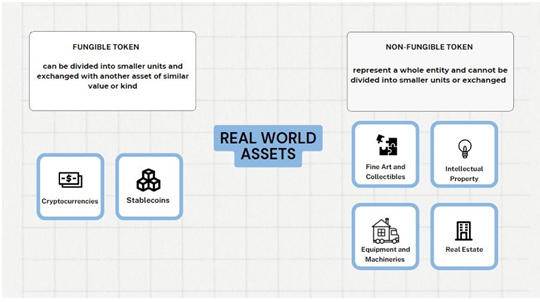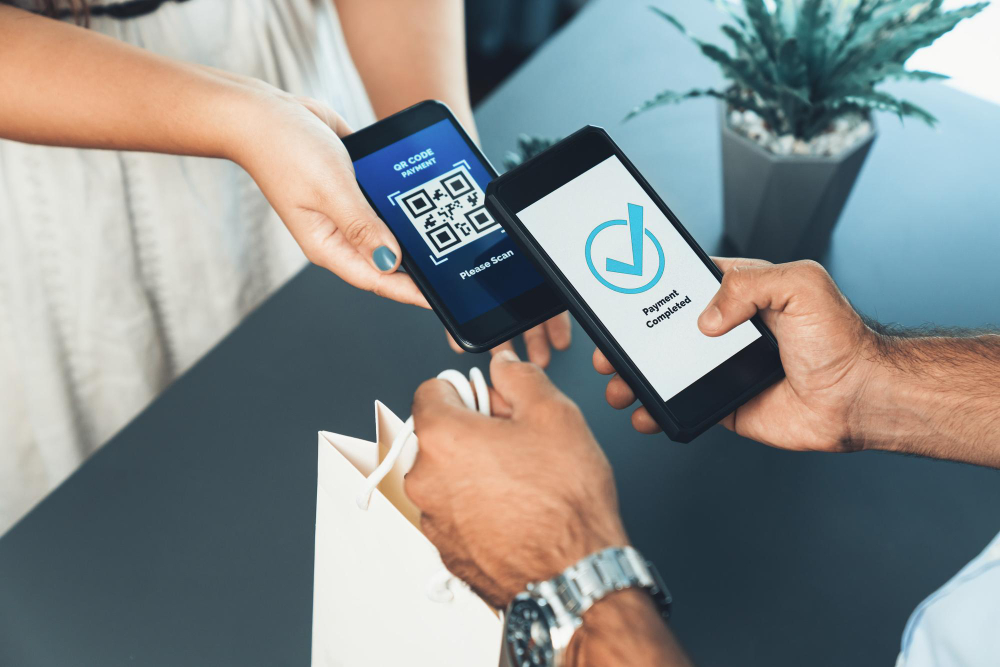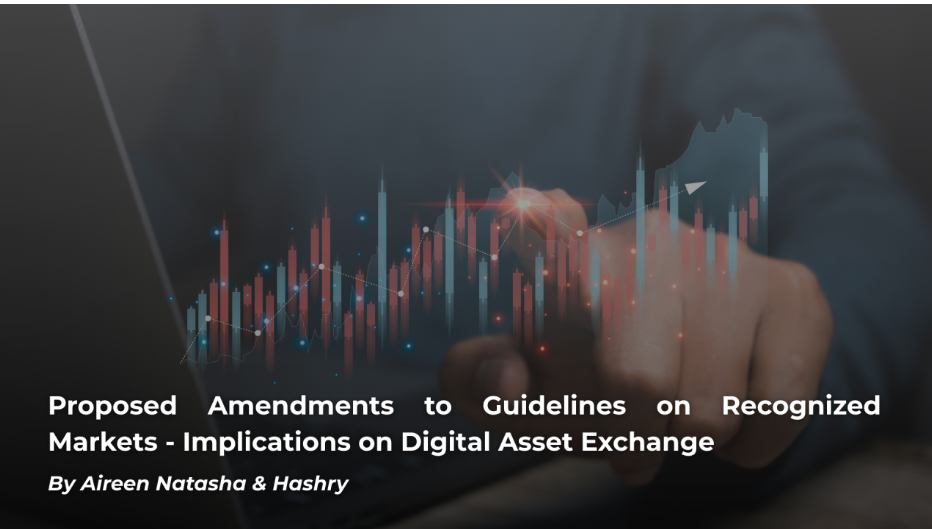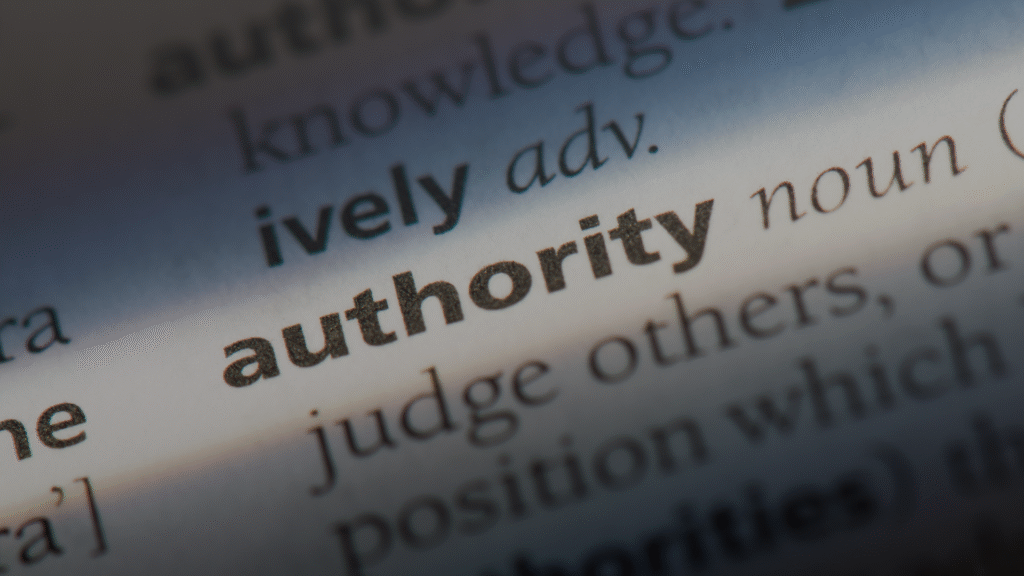Ever thought that you could own a Picasso painting?
Welcome to the world of tokenisation! With advancements in blockchain technology, it is now possible to digitize physical assets and break them down into digital tokens, enabling anyone to invest in or own a share of them. In this article, we will explore the concept of Real-World Assets (“RWA”) tokenisation, its significance in the blockchain industry, as well as the challenges and risks that come with these technological advancements. We will also discuss possible solutions to these challenges.
In simple terms, RWA means bringing physical assets, like buildings or art, onto the blockchain. The blockchain is a super-secure digital ledger that keeps track of who owns these tokens. Here are some examples of RWA:

Diagram 1: Example of RWA
For example, an investor might be interested in owning a part of a luxury yacht valued at RM15 million but find it exorbitantly priced. Through tokenisation, the yacht can be divided into smaller, more affordable digital tokens each representing a fraction of its value. This allows multiple investors to purchase fractional shares of the yacht, making it accessible to those who could not afford the full price and enabling them to benefit from the asset’s value and potential returns.
Currently, tokenisation represents one of the largest market opportunities in the blockchain industry, with an expected market value exceeding $10 trillion by 2030.[1] This technological innovation promotes financial inclusion in society, demonstrating that the future of blockchain-based financial services lies in the tokenisation of RWA. By tokenizing these assets, they can be accessed, traded, and managed more efficiently.
Leading Online Tokenisation Platforms and Real-World Example of Tokenisation
1. Polymesh
Polymesh is an institutional-grade permissioned blockchain built specifically for regulated assets such as real estate. It differentiates itself by tackling the fundamental challenges associated with governance, identity, compliance, confidentiality, and settlement within the realm of security tokens.
2. TokenFi
TokenFi provides a user-friendly platform aimed at simplifying the process of creating and tokenizing of RWA without the need for coding. This makes it easier for users to convert physical assets into digital tokens, broadening it accessibility.
3. Terra Virtua
Terra Virtua is an innovative RWA crypto project dedicated to the tokenisation of both digital and physical assets within the virtual reality (“VR”) space. The platform allows users to buy, sell, and trade virtual assets, including virtual real estate, within an immersive VR environment.
4. KLDX
KLDX, a registered initial exchange offering (“IEO”) platform under the Securities Commission Malaysia (“SC”) helps businesses raise funds through the issuance of tokens.
5. Regis Aspen Resort
A practical example of tokenisation is seen with the St. Regis Aspen Resort, where 18.9% of the hotel was tokenized through $18 million worth of digital tokens.[2] This real-world application demonstrates how tokenisation can be used to fractionalize ownership and provide liquidity in high-value assets like real estate.
Legal Perspective on RWA in Malaysia
In Malaysia, the regulatory framework for tokenisation is still evolving. The digital assets are regulated by the SC pursuant to the Capital Markets & Services (Prescription of Securities) (Digital Currency and Digital Token) Order 2019.[3]
The tokenisation of digital assets as securities in Malaysia must be conducted through a recognised IEO platform that has been registered with the SC. In simple terms, IEO is a digital fundraising mechanism in which an issuer offers digital tokens to investors in exchange for funds. Currently, there are two registered IEO platform under the SC which are KLDX and PitchIn.
The Labuan Financial Services Authority (“LFSA”), on the other hand, oversees the regulation of credit tokens within its territory. A credit token, which may take the form of a cheque, card, voucher, booklet, coupon, or other document, is issued to customers by the issuer. LFSA provides licences for credit token businesses, targeting companies that aim to enter the digital space, especially those involved in blockchain-based activities. Once established, Labuan credit token companies are equipped to develop a blockchain ecosystem that facilitates the use of digital assets.
Benefits of RWA
RWA tokenisation offers attractive benefits that are appealing to investors and asset holders, such as:-
1. Increased Trading Volume
Assets like real estate have experienced a significant decline due to the impact of COVID-19, with only a slow recovery observed post-pandemic.[4] The process of owning real estate is time- consuming, complex, and costly, which has contributed to a dampened interest in property ownership.
Tokenizing the asset addresses these issues by converting them into smaller, digital units that can be traded on blockchain platforms. This fractional ownership allows a wider range of investors to participate in the market, as they can buy and sell smaller portions of the asset rather than committing to the full purchase price. As a result, the overall liquidity of these assets increases, facilitating more frequent transactions and a more dynamic market. Additionally, investors can diversify their investment portfolios by owning fractions of multiple assets.
2. Global Accessibility
RWA token can be traded globally, overcoming geographical limitations and unlocking new markets for asset owners. Unlike traditional assets, which may be restricted by location and require physical presence or specific intermediaries, these tokens can be accessed by anyone with an internet connection. This global accessibility broadens the pool of potential investors and facilitates easier and more inclusive trading.
3. Transparency and Security
As a shared, immutable ledger that streamlines the process of recording transactions and tracking assets within its business network,[5] blockchain guarantees that all transactions are recorded in a transparent and immutable manner. This means that every transaction is visible to authorized participants and cannot be altered or deleted once confirmed. This inherent transparency and security reduce the risk of fraud, hence instil trust among investors. Investors also benefit from the ability to verify the ownership and transaction history of assets, ensuring that all information is accurate and tamper-proof, which significantly enhances their confidence in their investments.
4. Unlocking Innovation
Financial assets are being reimagined through tokenisation, creating a new era of opportunities. Decentralized finance (“DeFi”) utilizes blockchain technology to create decentralized financial systems that operate without intermediaries. In the context of tokenisation, DeFi leverages its principles to enhance and innovate traditional asset management and trading.
Smart contracts, which are self-executing contracts with the terms of the agreement written into code, can be utilized. They originate as a way to reduce, or completely eliminate, the need for intermediaries in transactions. For instance, smart contract can be programmed to automatically transfer property ownership when certain conditions are met, such as the completion of a sale transaction.
Challenges of RWA and Ways to Overcome
| Challenges | Explanations | Proposed Solutions |
|---|---|---|
| Lack of Legal Frameworks and Regulations | The absence of standardized legal frameworks and regulations complicates the tokenisation of RWA. Different countries have varying regulatory approaches, leading to a fragmented legal landscape. This lack of uniformity creates difficulties in compliance and limits global market access.
For example, in the European Union, the European Securities and Markets Authority (“ESMA”) has been proactive in providing guidance on the regulation of digital assets, including security tokens.[6] While in the United States, the country took an approach where there have been ongoing developments related to the regulation of digital assets. While maintaining the proactive effort, as of now, digital assets fall within the ambit of “security” under the Securities Act 1933 and Securities Exchange Act 1934. The Securities and Exchange Commission treats tokens as securities if they meet the criteria under the four-part test by the U.S. Supreme Court case commonly known as the Howey Test.[7] |
International collaboration and the development of global standards are essential. Harmonizing regulations across jurisdictions can foster a more predictable and stable environment for tokenizing RWAs. Efforts to create consistent regulatory frameworks can simplify compliance and enhance global market access. |
| Illiquidity | Illiquidity involves the difficulty of converting assets into cash quickly without incurring substantial costs. This issue can be problematic for investors needing to access cash or adjust portfolios promptly. Illiquid assets are hard to sell quickly and may require discounts, making them less attractive. For example, traditional real estate investments are often illiquid, posing challenges in converting property to cash quickly. | Creating liquidity pools can address illiquidity. These pools allow investors to contribute assets in exchange for tokens, providing a mechanism for easier cash access. Liquidity pools function like mutual funds, facilitating entry and exit. By pooling funds, participants ensure asset availability for trading and financial operations, improving market liquidity and supporting lending. |
| DeFi’s Vulnerability | Despite several years of growth in DeFi, both the understanding and technological adoption remain limited. Many market participants, including investors and businesses, lack a comprehensive understanding of DeFi, which operates on algorithms and smart contracts rather than traditional intermediaries. Although DeFi protocols and bridges leverage secure blockchain technology, they remain vulnerable to hacking and other malicious attacks, resulting in significant financial losses. Common issues include errors in smart contracts, such as those caused by integer arithmetic errors. | To mitigate DeFi’s vulnerabilities, robust smart contract management and risk mitigation are crucial. Conduct thorough audits of smart contract code by qualified third parties to identify and resolve security issues. Educational initiatives are also essential to enhance understanding of blockchain technology and DeFi, preparing individuals to navigate and lead in this evolving field. |
Conclusion
The tokenisation of RWA is anticipated to revolutionize the digital landscape, representing a significant leap forward in the evolution of financial systems. As regulatory frameworks continue to evolve and as the technology matures, the tokenisation of RWA is poised to redefine asset management and trading, ushering in a new era of financial inclusion and opportunity.
For personalised legal and compliance support, please reach out to our Financial Services Partner, Mr. Fakhrul Fadzilah (fakhrul@nzchambers.com) or Associate, Ms. Husna Shariff. We are here to help you achieve compliance and manage these regulatory updates effectively.
Authors:
- Fakhrul Fadzilah
- Husna Shariff
References:
[1] https://www.rolandberger.com/en/Insights/Publications/Tokenization-of-real-world-assets-unlocking-a-new-era-of-ownership-trading.html.
[2] In $18 million deal, nearly one-fifth of St. Regis Aspen sells through digital tokens by The Aspen Times published on 9 October 2018
https://www.aspentimes.com/trending/in-18-million-deal-nearly-one-fifth-of-st-regis-aspen-sells-through-digital-tokens/
[3] https://www.sc.com.my/api/documentms/download.ashx?id=8c8bc467-c750-466e-9a86-98c12fec4a77
[4] https://www.sc.com.my/api/documentms/download.ashx?id=8c8bc467-c750-466e-9a86-98c12fec4a77
[5] Blockchain by IBM https://www.ibm.com/topics/blockchain
[6] https://www.esma.europa.eu/press-news/esma-news/esas-consult-guidelines-under-markets-crypto-assets-regulation.
[7] SEC v. W.J. Howey Co., 328 U.S. 293 (1946)







